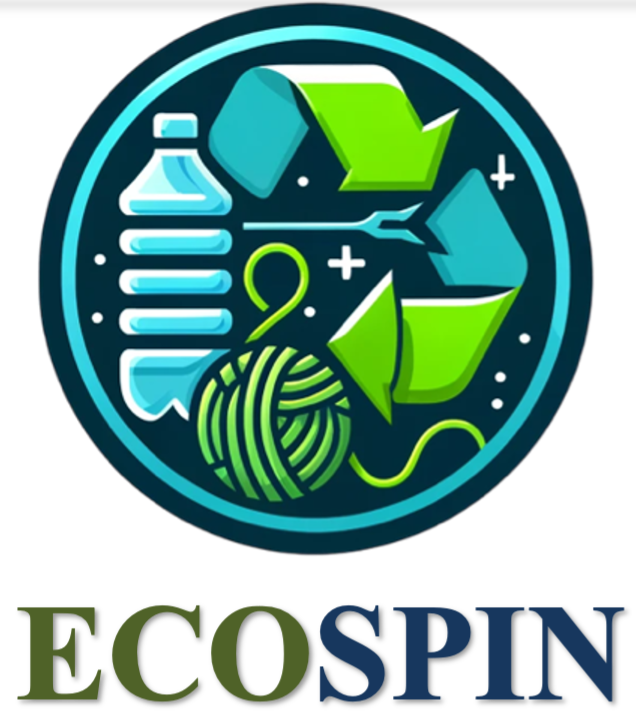EcoSpin

EcoSpin is dedicated to transforming plastic waste into high-quality recycled yarn and artificial wool, providing an alternative raw material for the textile industry while minimizing environmental impact.
Problem
Uganda generates 600 tonnes of plastic waste daily, with only 6% being recycled. This plastic pollution presents a severe threat to the environment and a missed opportunity for sustainable raw material sourcing in the textile industry.
Solution
EcoSpin diverts plastic waste from landfills by recycling it into sustainable, cost-effective yarn and artificial wool for the textile industry. The process is designed to minimize carbon emissions and contribute to a circular economy.
Market Opportunity
With the global recycled plastics market projected to grow to $120 billion by 2030, and the East African recycled plastics market expected to reach $1.2 billion by 2025, EcoSpin is well-positioned to capture a significant share of this market. Additionally, there is unmet demand for recycled textiles in Africa, estimated at $13 million.
Business Model
EcoSpin operates on both B2B and B2C models. It supplies eco-friendly yarn to textile manufacturers and sells directly to consumers through physical and online stores. Revenue is generated from product sales, long-term supply contracts, and partnerships with distributors.
Funding Request
Seeking $50,000 in seed funding to establish a recycling facility, cover initial production costs, launch collection and marketing initiatives, and support R&D efforts.
Future Prospects
EcoSpin plans to scale operations, divert over 100 tons of plastic monthly, and expand to neighboring markets. The company will also launch eco-friendly wool alternatives and continue advancing sustainability in the textile industry.
Team
Led by Jonathan Ssemakula as CEO, the team includes experts in mechatronics, data science, and environmental sustainability. Advisors include environmental consultants and business leaders with experience in climate change and agricultural sustainability.